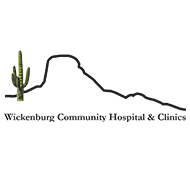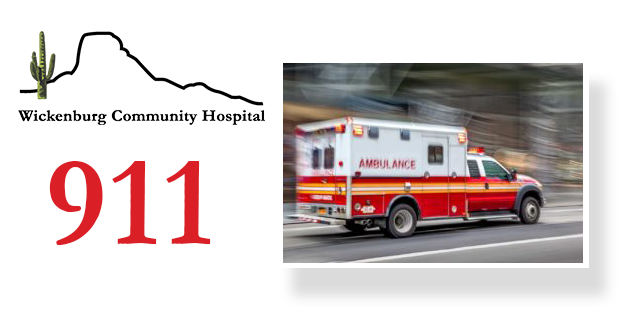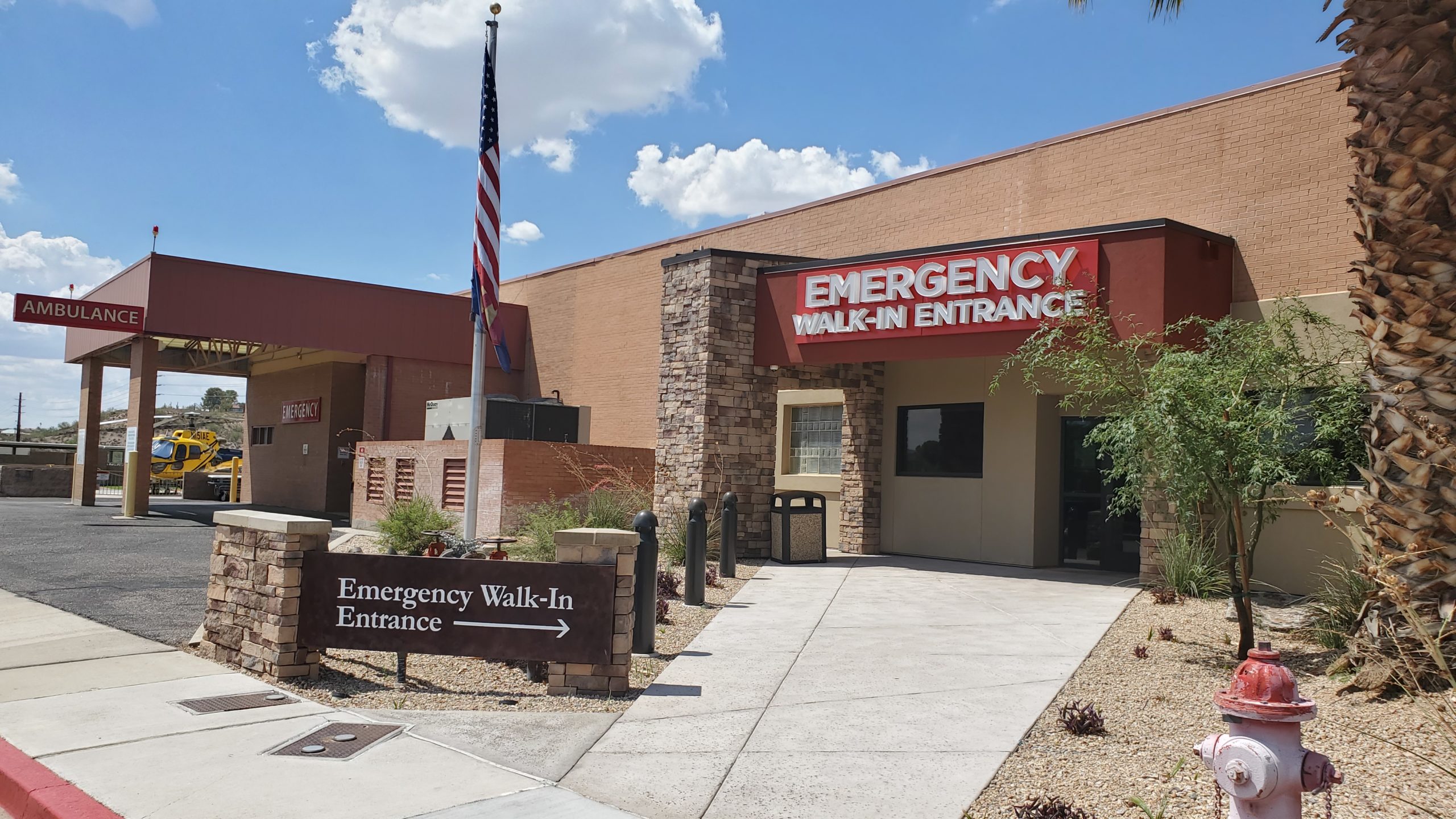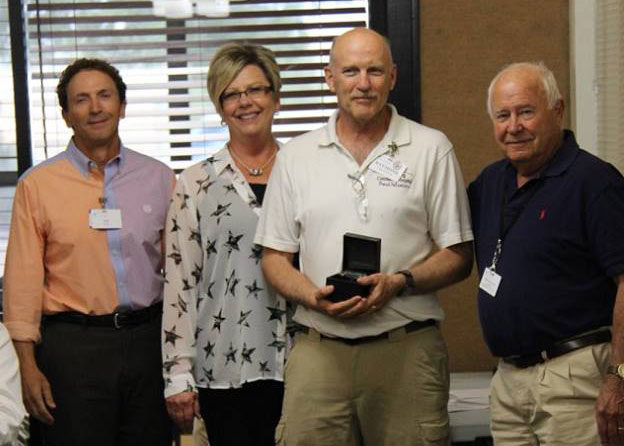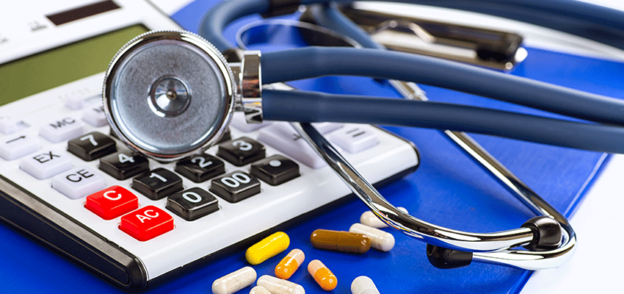Always call 911 if you think someone is having a life-threatening emergency
While it’s not always obvious when an injury or illness is life-threatening, in general, if someone is experiencing new, unexplained, or severe symptoms, those are clues that you might need to call 911.
For example, if you are having:

- The worst headache of your life.
It could be a migraine, but it could also indicate a stroke or other emergency condition. With many overlapping symptoms it can be hard to tell. With a stroke, time is brain, and you need to act fast.
- Unexplained Chest Pain.

It could be heartburn, but it could also indicate a heart attack. These two conditions also have overlapping symptoms.
In fact, nearly 40% of female patients report experiencing heart burn or indigestion shortly before their attacks. With a heart attack, time is muscle. Unfortunately, the average person having symptoms waits 3 hours before seeking help, which is why many heart attack patients die before reaching the hospital.
Other situations that may require a call to 911 include:
- Difficulty breathing
- Drug overdoses
- Seizures
- Swimming accidents
- Trauma (such as car accidents, head injuries, etc.)
- Uncontrolled bleeding
- Altered level of consciousness
Why you should call 911 instead of driving to the Emergency Department.
When deciding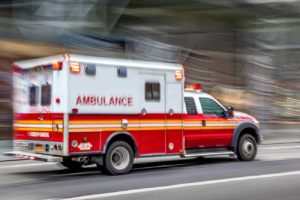 whether to jump in the car or call 911 consider the following. According to the CDC, utilizing 911:
whether to jump in the car or call 911 consider the following. According to the CDC, utilizing 911:
- Is like bringing emergency room resources to your door.
First responders can most likely get to you faster than you can get to the ED because they can use lights and sirens to clear traffic and, upon arrival, potentially begin administering life-saving treatment right away.
- Saves precious time at the hospital.
Technology allows hospital personal to be prepared to treat a patient before they arrive. In addition, EMS can perform critical testing, such as an EKG, in route.
- Ensures that you are taken to the most appropriate hospital.
You may know where the closest Emergency Department is located, but do you know where the closest certified stroke center or facility with a cardiac cath. lab is located? EMS professionals know where to take you to for the specialized care that is most likely to save your life.
In addition, driving while experiencing medical symptoms can impair your judgement and driving abilities making you a danger to yourself and other drivers.
Making the right decision could save your life.
